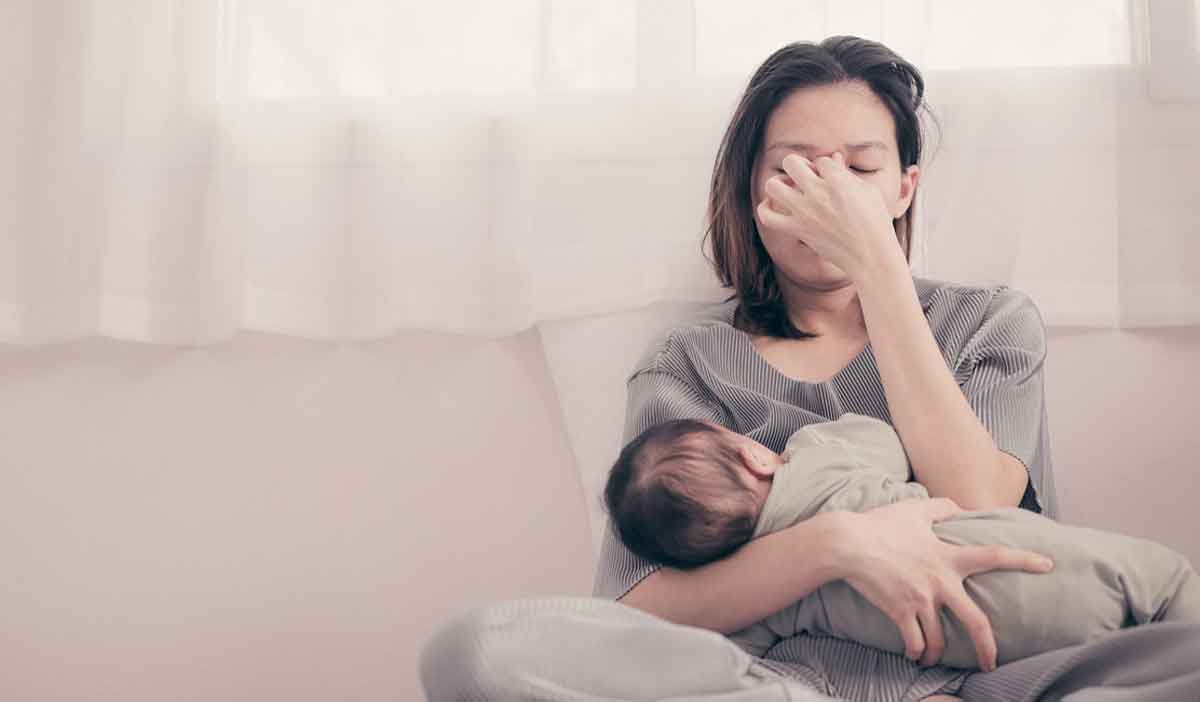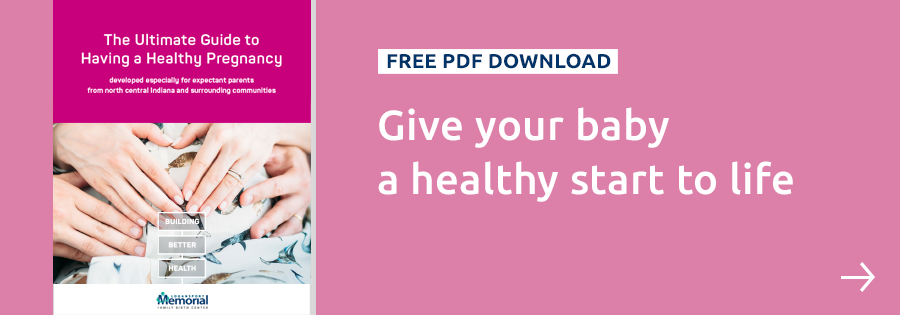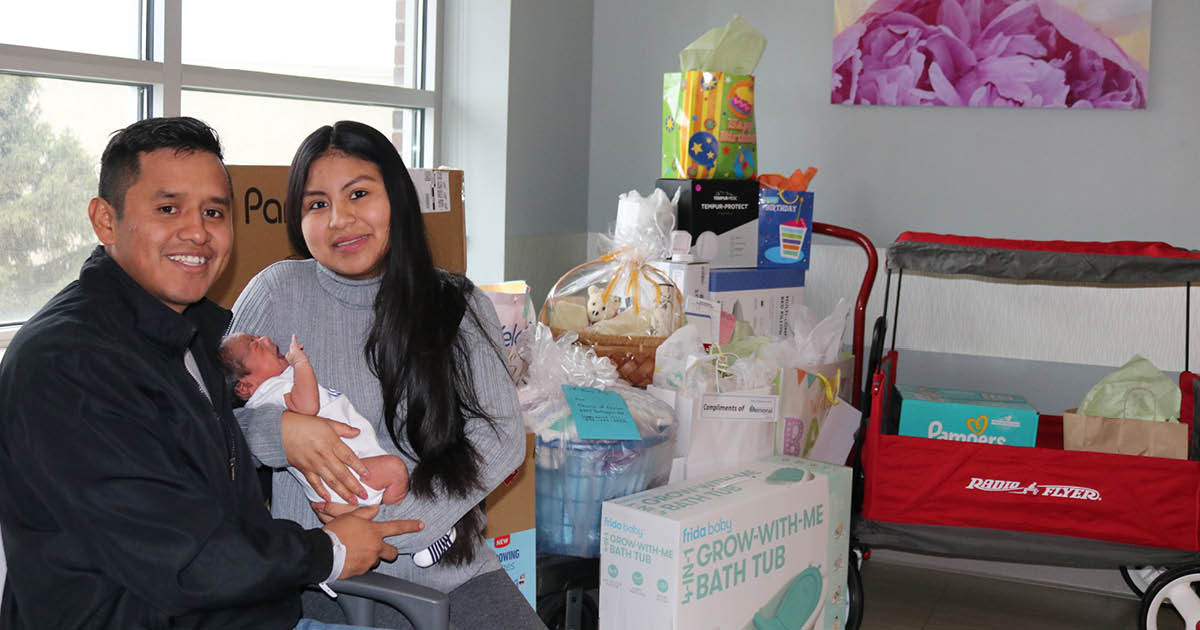Babies require a lot of care, so it's common to feel overwhelmed and exhausted. Baby blues tend to subside after a week or two, but if you can't shake the feelings of being overwhelmed and anxious, and are experiencing severe sadness, you might be suffering from postpartum depression.

Postpartum depression isn't a weakness, but simply another potential complication of giving birth. If you feel you may be experiencing postpartum depression, you are not alone. Nearly 15% of mothers experience postpartum depression.
During the postpartum period, nearly 85% of mothers experience mood disturbances including feelings of worry, unhappiness, and fatigue. These feelings are commonly referred to as baby blues.
FAQs about postpartum depression
What are the symptoms of postpartum depression?
Symptoms often include:
- Loss of appetite
- Intense irritability or anger
- Feeling sad, hopeless, and overwhelmed
- Severe fatigue
- Lack of joy
- Loss of interest in activities
- Difficulty bonding with baby
- Persistent doubt in your ability to care for baby
- Feelings of guilt and inadequacy
- Withdrawal and seclusion from family and friends
When does postpartum depression start?
Postpartum depression typically affects mothers 1-3 weeks after birth. However, it is not uncommon to experience depression during pregnancy and for your partner to experience anxiety and depression.
Dads-to-be experience anxiety in depression can experience symptoms including (but not limited to):
- Anxiety and worries that come in to your mind and are difficult to stop
- Constantly feeling irritable, restless, or on edge
- Tense muscle, tight chest, and heart palpitations
- Outbursts of fear and panic
Moms-to-be that are suffering from depression and anxiety during pregnancy experience symptoms including (but not limited to):
- Depressed for most of the day, nearly every day for two weeks or more
- Feeling guilty, worthless, and hopeless
- Feeling like you're failing at motherhood
- Scary and upsetting thoughts that won't go away
- Difficulty sleeping
- Feeling dread
When should I see my provider?
If you feel like you may experiencing symptoms of postpartum depression, it's important to talk to your OB/GYN or family provider as soon as possible. Do not wait for your postpartum checkup or for a crisis to occur. Staying on top of your feelings, and seeking help right away, will be beneficial for you and your baby.
How is postpartum depression treated?
Postpartum depression can be treated using coping strategies, medication like antidepressants, and/or talk therapy.
Coping strategies include:
- Talking about it with friends, family, or someone who relates to what you are going through
- Finding a release (walking, running, yoga)
- Exercising your mind and learning to think about how you are thinking
- Empowering yourself
How can you prevent postpartum depression?
Conversation is key in preventing postpartum depression. If you have a history of depression or anxiety (or if you have ever taken antidepressants), talk to your OB/GYN early on in your prenatal care. This can include before you even become pregnant if you are planning on starting a family. Together, you and your provider can determine a plan of action for postpartum depression prevention. This could include treatments right after pregnancy to prevent symptoms of depression or taking medication during your pregnancy.
Help at Logansport Memorial Hospital
Whether you're looking for an OB/GYN to follow you through your pregnancy and provide you with support or in need of a Behavioral Health provider to talk about postpartum depression, our team is here to care at Logansport Memorial Hospital.
Looking for healthy pregnancy tips? Download the Ultimate Guide to Having a Healthy Pregnancy.



